Home>Gardening & Outdoor>Landscaping Ideas>When To Stop Cutting Grass In Michigan
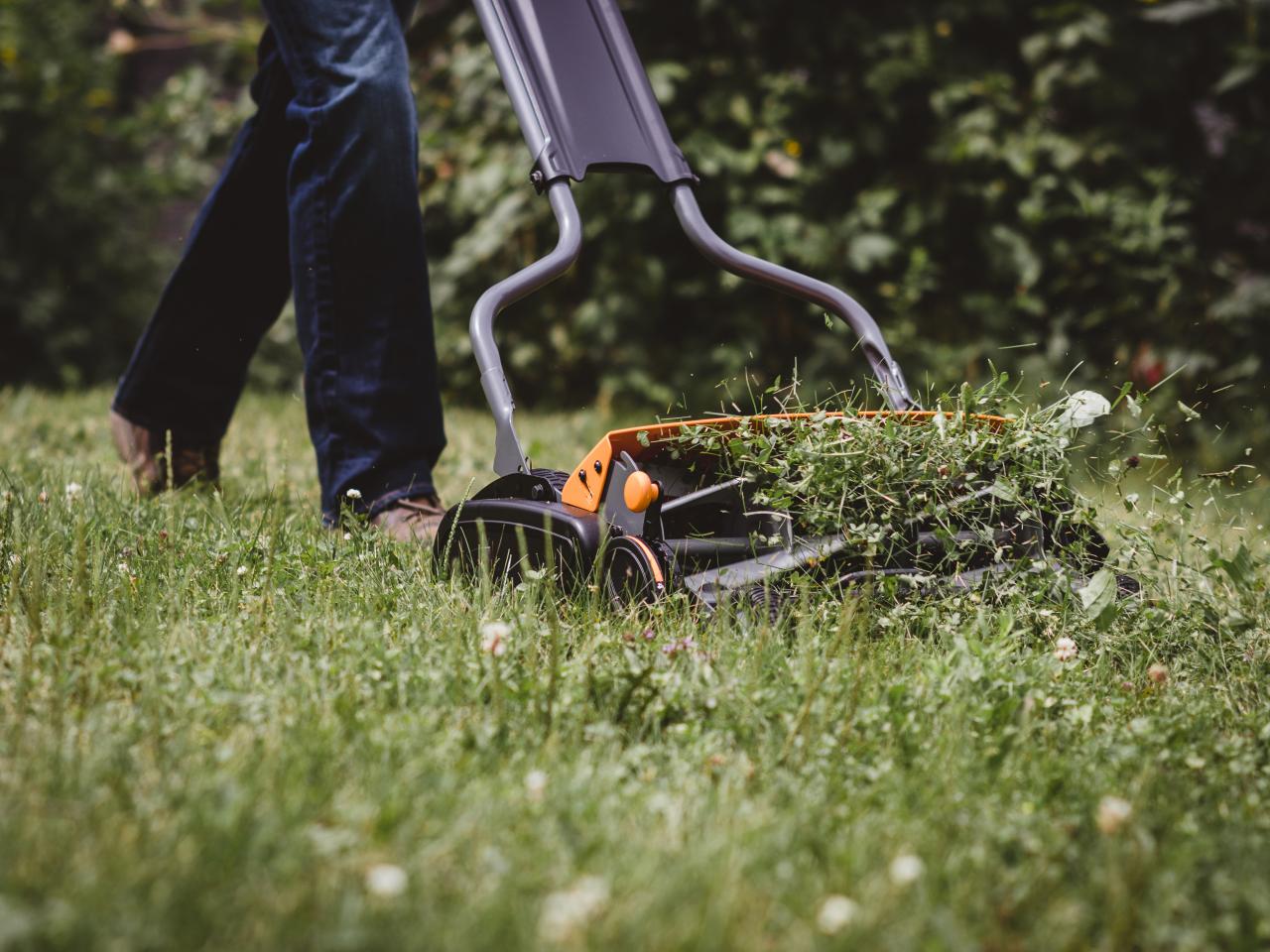

Landscaping Ideas
When To Stop Cutting Grass In Michigan
Modified: March 28, 2024
Discover the best landscaping ideas for Michigan as we explore when to stop cutting grass. Find expert tips and advice for your lawn care needs.
(Many of the links in this article redirect to a specific reviewed product. Your purchase of these products through affiliate links helps to generate commission for Storables.com, at no extra cost. Learn more)
Introduction
When the vibrant colors of autumn begin to paint the landscape, it's a sign that the growing season for grass in Michigan is winding down. As the days grow shorter and temperatures start to drop, many homeowners start to wonder when it's time to bid farewell to their lawnmowers for the year. Knowing when to stop cutting grass in Michigan is crucial for maintaining a healthy lawn and preparing it for the winter months ahead.
In this comprehensive guide, we'll delve into the factors that influence the grass growing season in Michigan and explore the best practices for determining when to cease mowing your lawn. By understanding the unique climate and environmental conditions of Michigan, homeowners can make informed decisions to ensure the vitality and resilience of their lawns. So, let's embark on this journey to uncover the optimal time to bid adieu to the lawnmower and embrace the natural rhythm of the changing seasons in Michigan.
Key Takeaways:
- Michigan’s grass growing season is influenced by its climate, with autumn signaling the time to stop cutting grass. Monitoring growth rate, weather, and soil condition helps prepare the lawn for winter.
- Ceasing grass cutting at the right time and preparing the lawn for winter ensures a healthy and vibrant resurgence in spring. Adjusting mowing height, clearing debris, and applying fall fertilizer are essential steps.
Read more: When Does Grass Stop Growing In Michigan
Understanding the Grass Growing Season in Michigan
Michigan’s diverse climate and geographical features greatly influence the grass growing season. With its humid continental climate, the state experiences distinct seasonal variations, from hot and humid summers to cold and snowy winters. Understanding these climatic shifts is essential for grasping the grass growing patterns in Michigan.
Spring marks the beginning of the grass growing season in Michigan. As temperatures rise and daylight hours increase, grasses emerge from dormancy and enter a phase of active growth. This period, typically from late April to early June, is characterized by lush greenery and rapid grass growth, creating a verdant landscape across the state.
Summer brings its own set of challenges for maintaining a healthy lawn in Michigan. The combination of heat and occasional dry spells can stress grass, making it more susceptible to diseases and pests. Regular mowing and proper watering become crucial during this time to sustain the health and vigor of the grass.
As the days grow shorter and temperatures gradually decline, Michigan transitions into autumn. This season signals a slowdown in grass growth as the cool weather sets in. While grass continues to grow at a reduced rate during early fall, it eventually enters a phase of dormancy, preparing for the impending winter months.
Winter in Michigan is characterized by freezing temperatures and snowfall, effectively halting grass growth. Lawns become dormant during this period, and any remaining mowing tasks are put on hold until the arrival of spring.
Michigan’s grass growing season is intricately linked to the state’s climate patterns and seasonal changes. By recognizing these seasonal nuances, homeowners can better comprehend the optimal timing for ceasing grass cutting and transitioning their lawns for the winter.
Factors to Consider When Deciding When to Stop Cutting Grass
Several key factors should be taken into account when determining the appropriate time to cease cutting grass in Michigan. By carefully considering these factors, homeowners can make informed decisions that promote the well-being of their lawns and prepare them for the seasonal transition.
- Grass Growth Rate: Monitoring the growth rate of the grass is essential in deciding when to stop cutting. As temperatures cool and daylight hours decrease, grass growth naturally slows down, indicating that it may be time to conclude the mowing routine for the year.
- Weather Patterns: Keeping a close eye on the weather forecasts is crucial. Sudden drops in temperature or the onset of consistent frosts can signal the approaching dormancy of grass. Ceasing mowing before these weather changes occur can help prevent stress on the grass.
- Soil Moisture and Condition: Assessing the moisture levels and overall condition of the soil is important. If the soil becomes compacted or waterlogged due to autumn rains, it’s advisable to avoid mowing to prevent soil compaction and damage to the grass roots.
- Lawn Health: Evaluating the overall health of the lawn is vital. If the grass appears stressed or worn due to excessive mowing, allowing it to rest and recover before winter sets in can rejuvenate its strength and resilience.
- Fall Fertilization and Seeding: If fall fertilization or overseeding is planned, timing the cessation of mowing to coincide with these lawn care activities can optimize their effectiveness. Allowing the grass to grow slightly longer can provide a conducive environment for new seedlings and fertilizer absorption.
Considering these factors holistically enables homeowners to make well-informed choices regarding the cessation of grass cutting. By aligning the decision with the natural growth patterns of the grass and the impending seasonal changes, homeowners can effectively nurture their lawns and set the stage for a healthy resurgence in the following spring.
Stop cutting grass in Michigan when the temperatures start to consistently drop below 50°F. This is usually around late October to early November. Cutting grass in colder temperatures can weaken the grass and make it more susceptible to winter damage.
The Best Time to Stop Cutting Grass in Michigan
As the transition from autumn to winter unfolds in Michigan, determining the optimal time to stop cutting grass becomes a pivotal consideration for homeowners. While the specific timing may vary based on regional nuances and weather patterns, a general timeframe can be identified to guide this decision.
Typically, the best time to cease cutting grass in Michigan aligns with the onset of consistent cooler temperatures and the gradual slowdown of grass growth. In the lower regions of the state, this period often begins in mid to late October, while in the Upper Peninsula, it may commence earlier due to the region’s cooler climate.
Observing the grass growth rate and monitoring weather forecasts are essential in pinpointing the ideal timing. As grass growth naturally decelerates and the likelihood of frost increases, it signals that the time for the final mowing of the season is approaching. It’s important to avoid mowing when the grass is wet from dew or rain, as this can lead to an uneven cut and potential lawn damage.
Allowing the grass to maintain a slightly longer length before winter sets in can offer several benefits. Longer grass blades provide better insulation for the soil and roots, aiding in moisture retention and protecting the grass from potential frost damage. Additionally, leaving the grass slightly longer can inhibit weed growth and enhance the lawn’s resilience during the dormant winter months.
By ceasing grass cutting at the opportune time, homeowners can facilitate a smooth transition for their lawns as they prepare to enter the winter dormancy phase. This strategic approach not only promotes the health and vitality of the grass but also sets the stage for a robust resurgence when spring arrives.
Ultimately, the best time to stop cutting grass in Michigan is when the grass exhibits a slowed growth pattern, the weather shifts towards cooler temperatures, and the lawn is adequately prepared to endure the winter months.
Tips for Preparing Your Lawn for Winter
As the grass growing season draws to a close in Michigan, it’s essential to prepare your lawn for the impending winter months. Taking proactive measures to safeguard the health and resilience of your grass during this transitional period can significantly impact its condition when spring arrives. Here are valuable tips to ensure your lawn is winter-ready:
- Gradually Adjust Mowing Height: In the weeks leading up to the last mowing of the season, gradually raise the cutting height of your mower. Allowing the grass to maintain a slightly longer length promotes better insulation and aids in moisture retention during the winter.
- Clear Debris and Leaves: Regularly remove fallen leaves and debris from the lawn to prevent them from smothering the grass. Accumulated debris can create an environment conducive to disease and hinder the grass’s ability to receive adequate sunlight and airflow.
- Aerate the Soil: Fall is an opportune time to aerate the soil, especially if it has become compacted. Aerating helps alleviate soil compaction, improves water and nutrient absorption, and enhances overall soil health, benefiting the grass in the long run.
- Apply Fall Fertilizer: Providing the lawn with a fall-specific fertilizer can bolster its resilience and nourish the grass roots during the dormant winter period. Opt for a slow-release fertilizer to ensure a steady supply of nutrients for the grass.
- Overseed Bare or Thin Areas: If your lawn exhibits bare patches or thin areas, overseeding in the fall can promote new grass growth and fill in these spaces. Be sure to choose a high-quality grass seed suitable for the Michigan climate.
- Keep the Lawn Tidy: Before winter sets in, ensure that the lawn is well-trimmed and tidy. Edging along walkways and driveways and defining the lawn’s borders can enhance its visual appeal and prevent overgrowth during the winter months.
- Minimize Foot Traffic: Limiting foot traffic on the lawn, especially during the wet and frosty periods, can prevent compaction and potential damage to the grass. Establish clear pathways to minimize disturbances to the lawn.
- Winterize Irrigation Systems: If you have an irrigation system, ensure it is properly winterized to prevent freezing and damage. Drain the system and shut off the water supply to safeguard it from the harsh winter conditions.
By implementing these tips, homeowners can effectively prepare their lawns for the winter, fortifying the grass for the dormant period and setting the stage for a vibrant and healthy resurgence in the spring.
Read more: When To Stop Cutting Your Grass
Conclusion
As the seasons transition in Michigan, the decision of when to stop cutting grass holds significant implications for the health and vitality of your lawn. By understanding the grass growing season, considering key factors, and pinpointing the optimal timing, homeowners can ensure that their lawns are well-prepared for the winter dormancy period.
Recognizing the unique climate and environmental influences in Michigan allows for informed decision-making when it comes to lawn care. Monitoring grass growth rates, weather patterns, and soil conditions provides valuable insights into the most suitable time to conclude the mowing routine for the year.
Preparing your lawn for winter is equally crucial, and the implementation of strategic measures, such as adjusting mowing heights, clearing debris, and applying fall fertilizer, can significantly impact the lawn’s resilience and health during the dormant season.
By embracing these practices and aligning them with the natural rhythm of the changing seasons, homeowners can foster a thriving and resilient lawn that is primed for rejuvenation when spring arrives. The careful attention to timing and preparation not only promotes the well-being of the grass but also contributes to the overall beauty and allure of the outdoor landscape.
As you bid adieu to the lawnmower for the season, rest assured that your thoughtful approach to ceasing grass cutting and preparing your lawn for winter sets the stage for a vibrant and flourishing lawn in the seasons to come.
Embrace the seasonal shifts, nurture your lawn with care, and look forward to the verdant resurgence that awaits when the warmth of spring returns to Michigan.
Frequently Asked Questions about When To Stop Cutting Grass In Michigan
Was this page helpful?
At Storables.com, we guarantee accurate and reliable information. Our content, validated by Expert Board Contributors, is crafted following stringent Editorial Policies. We're committed to providing you with well-researched, expert-backed insights for all your informational needs.
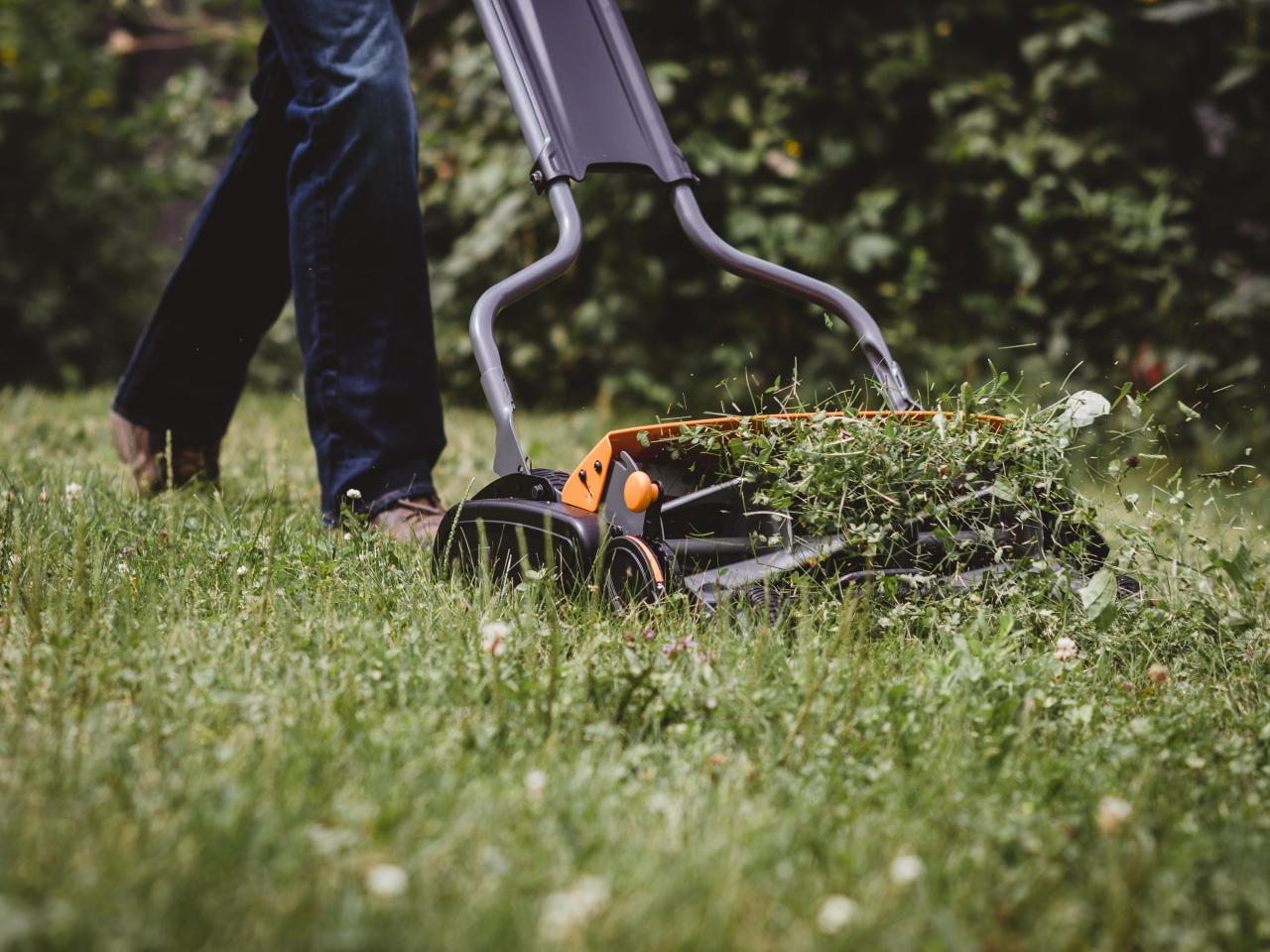
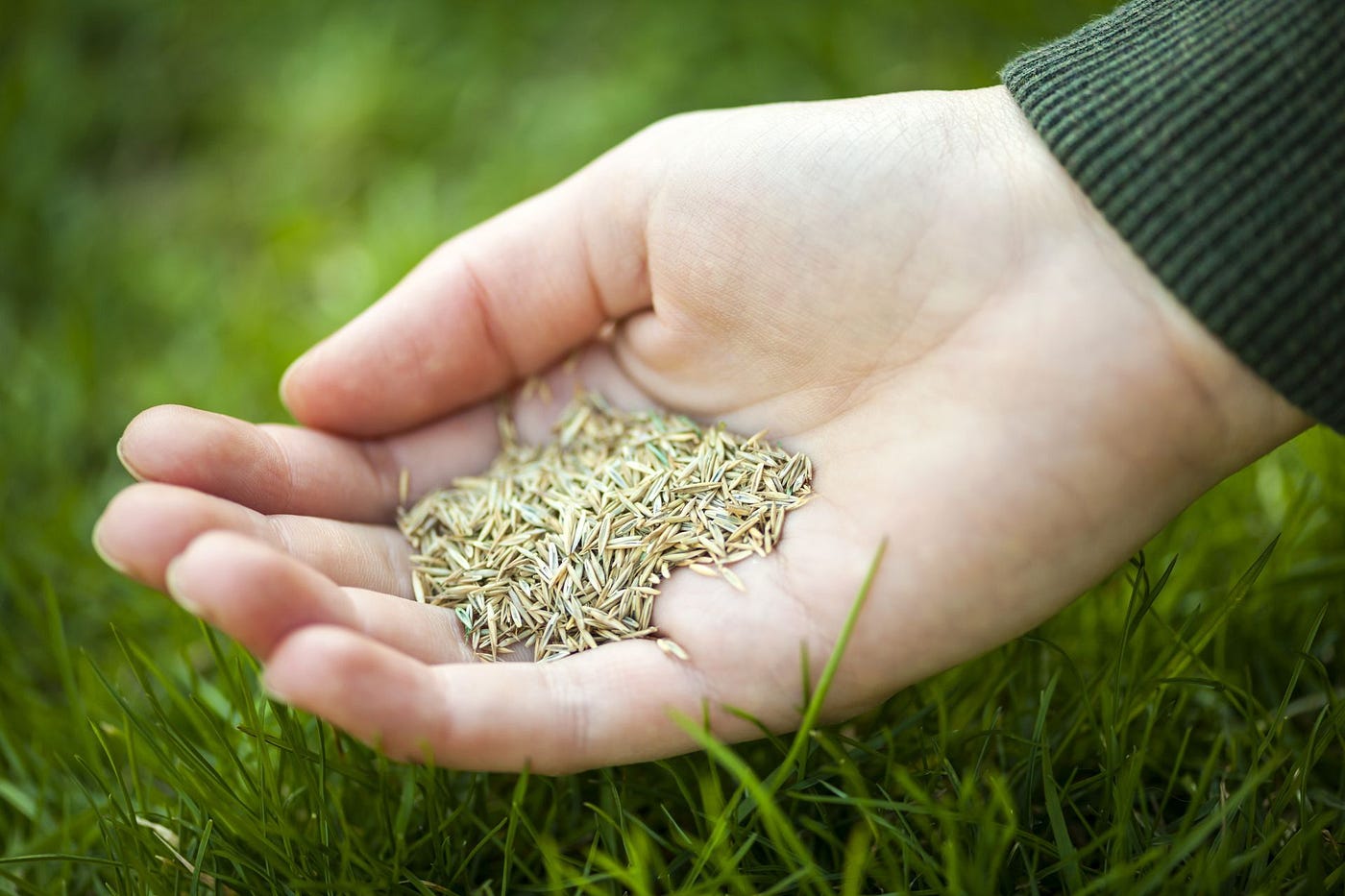
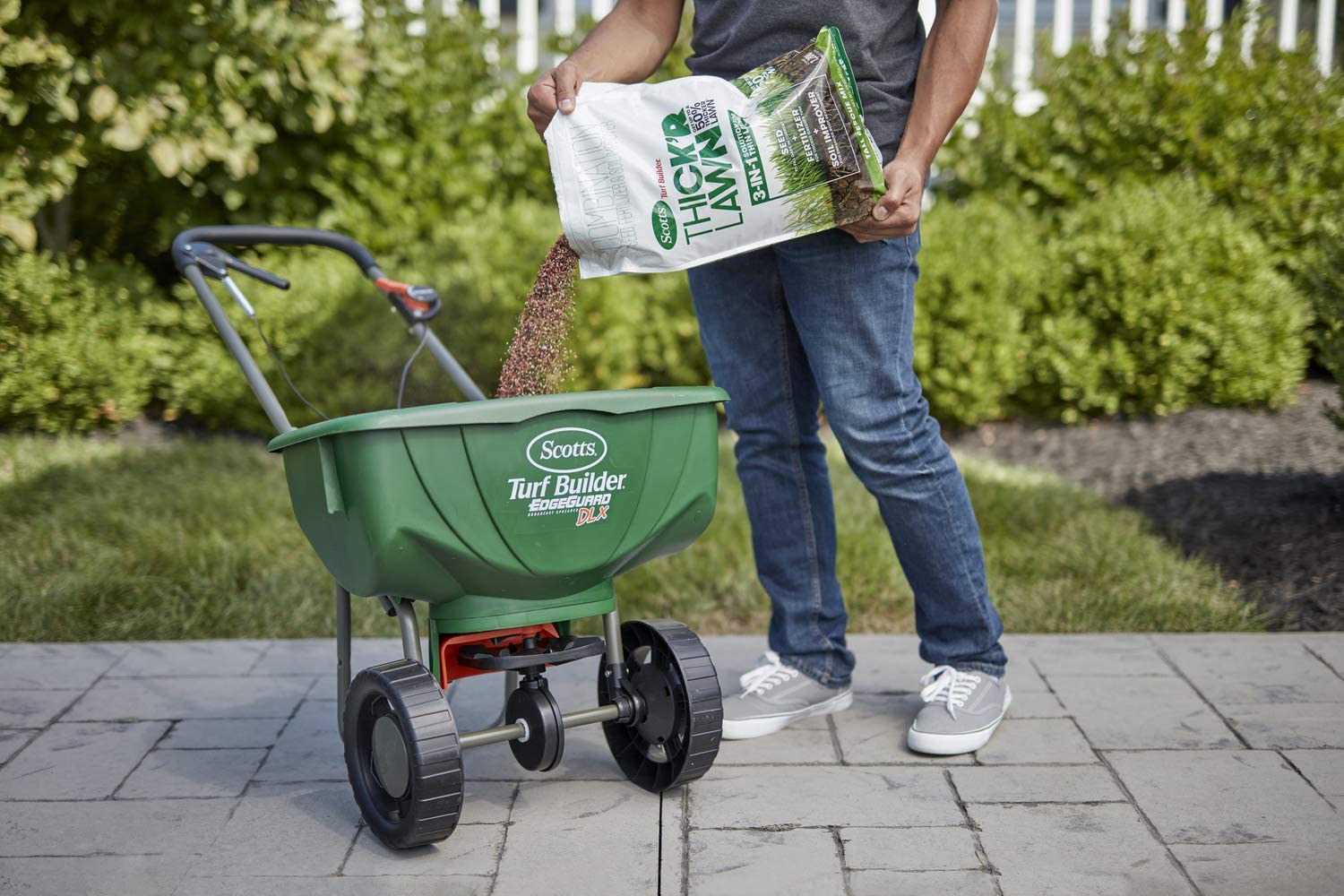
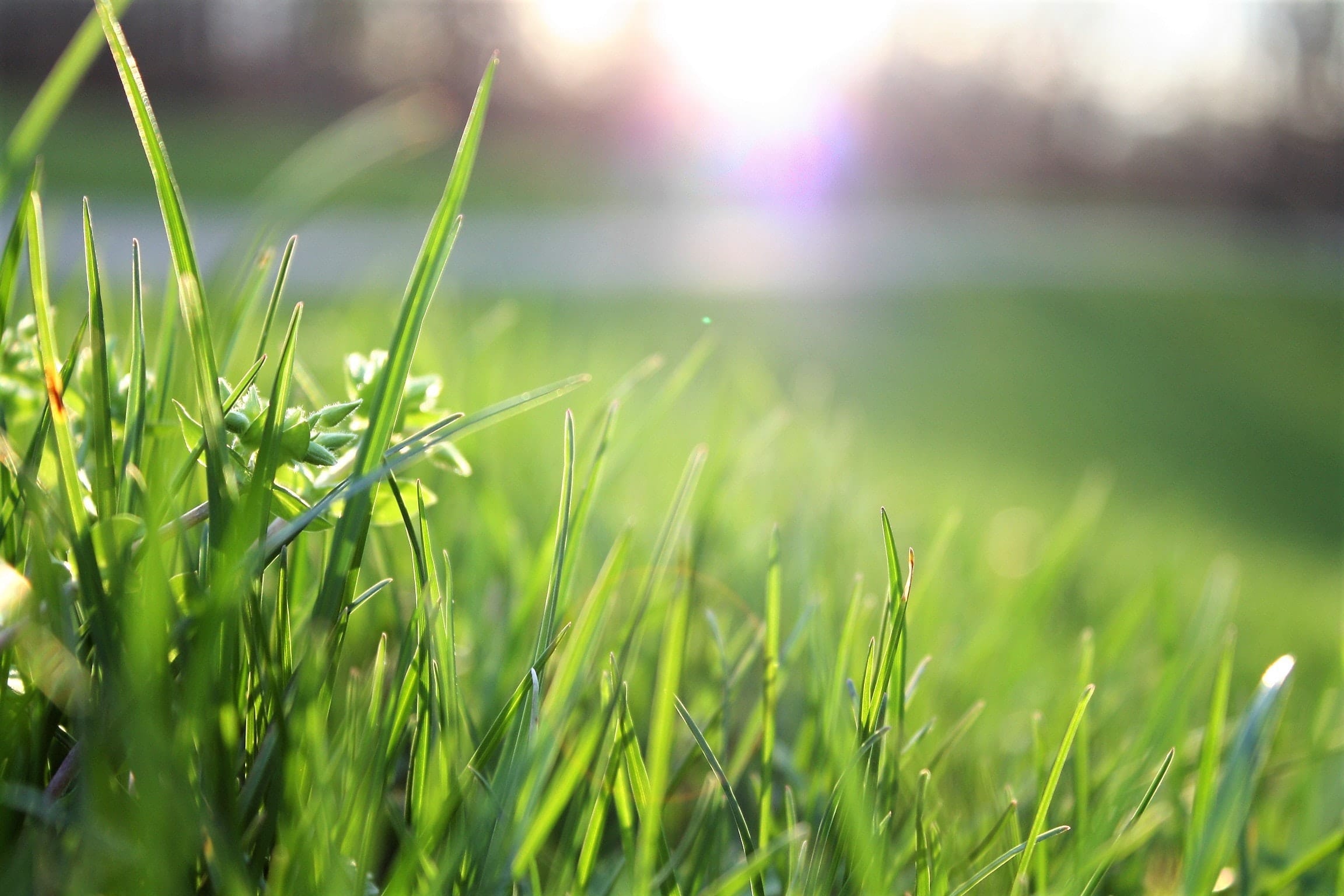
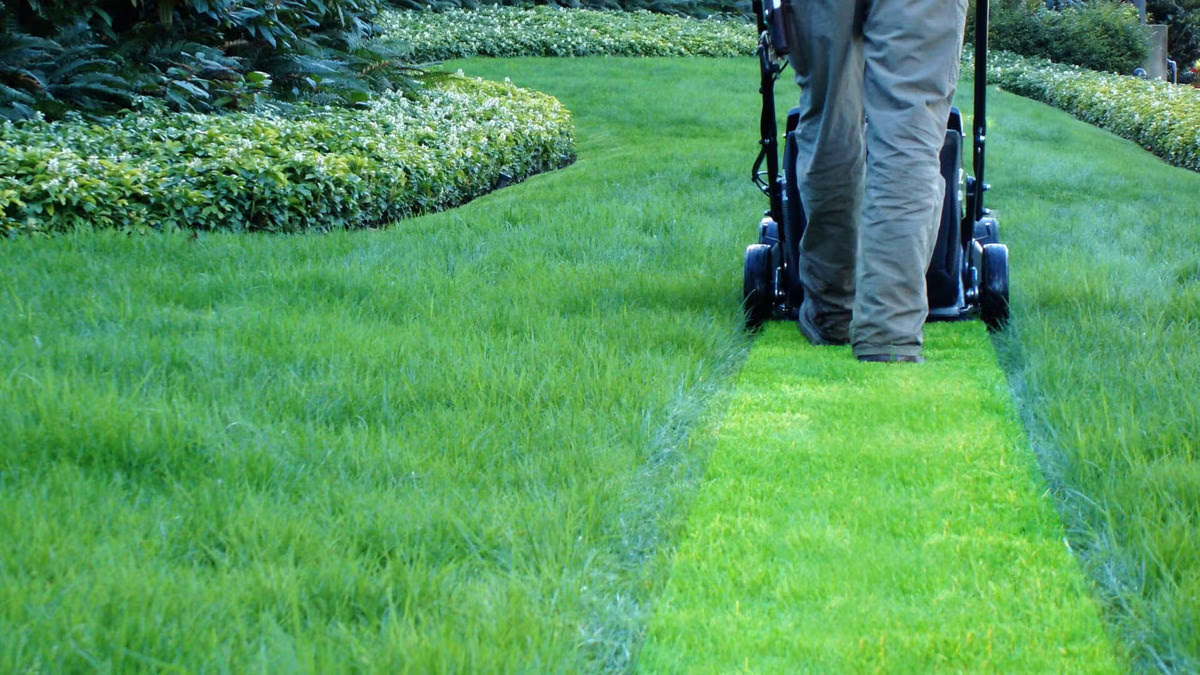


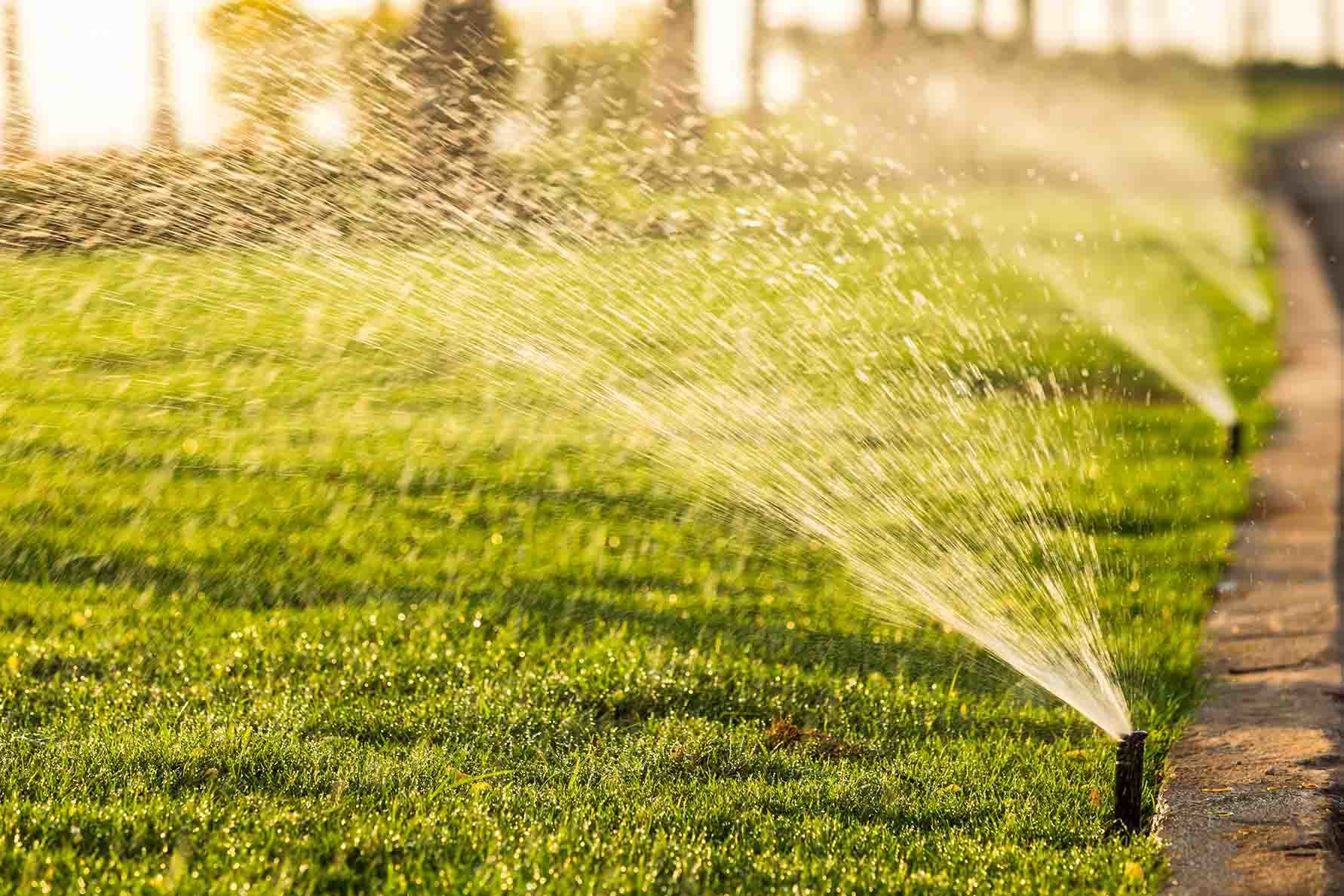
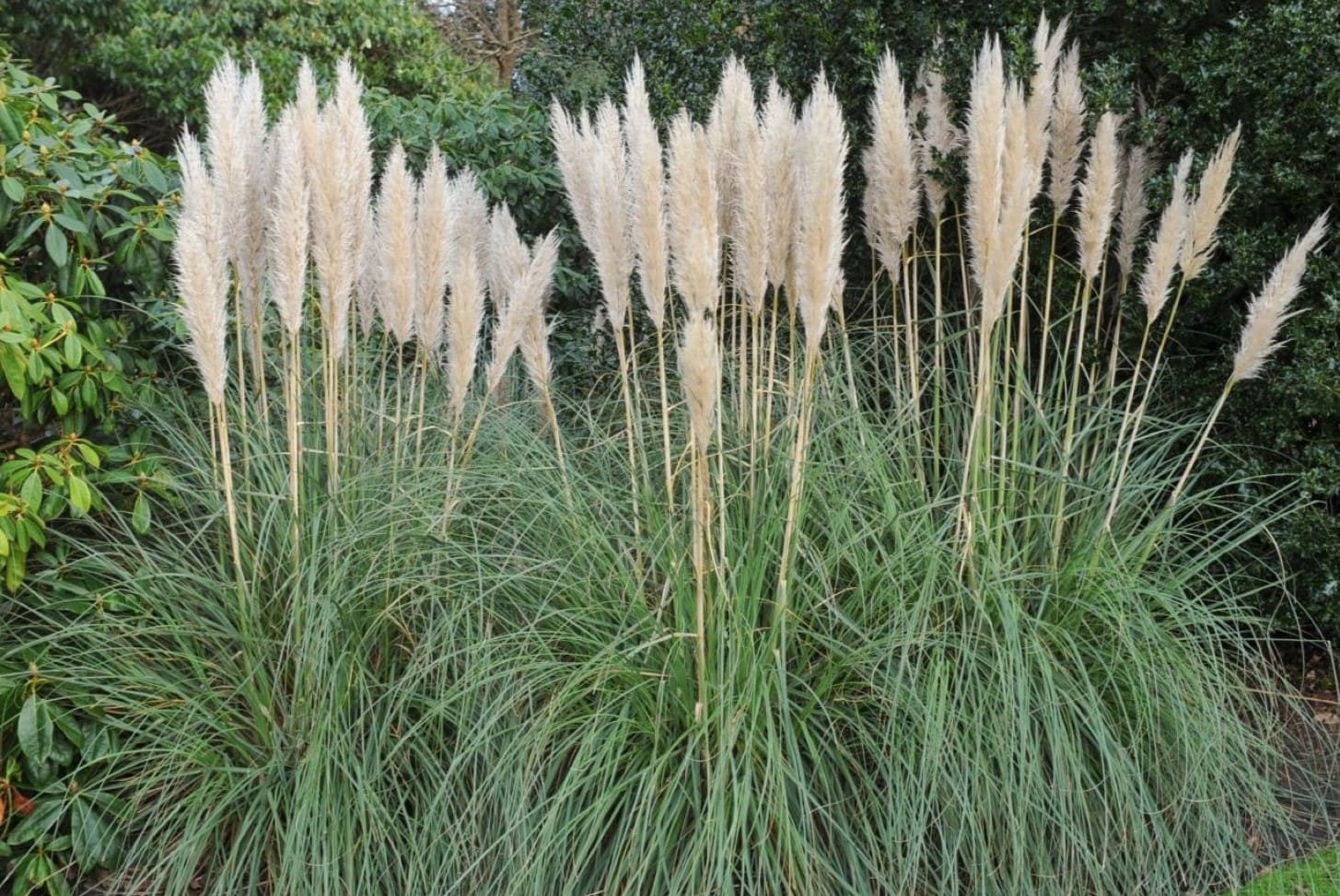
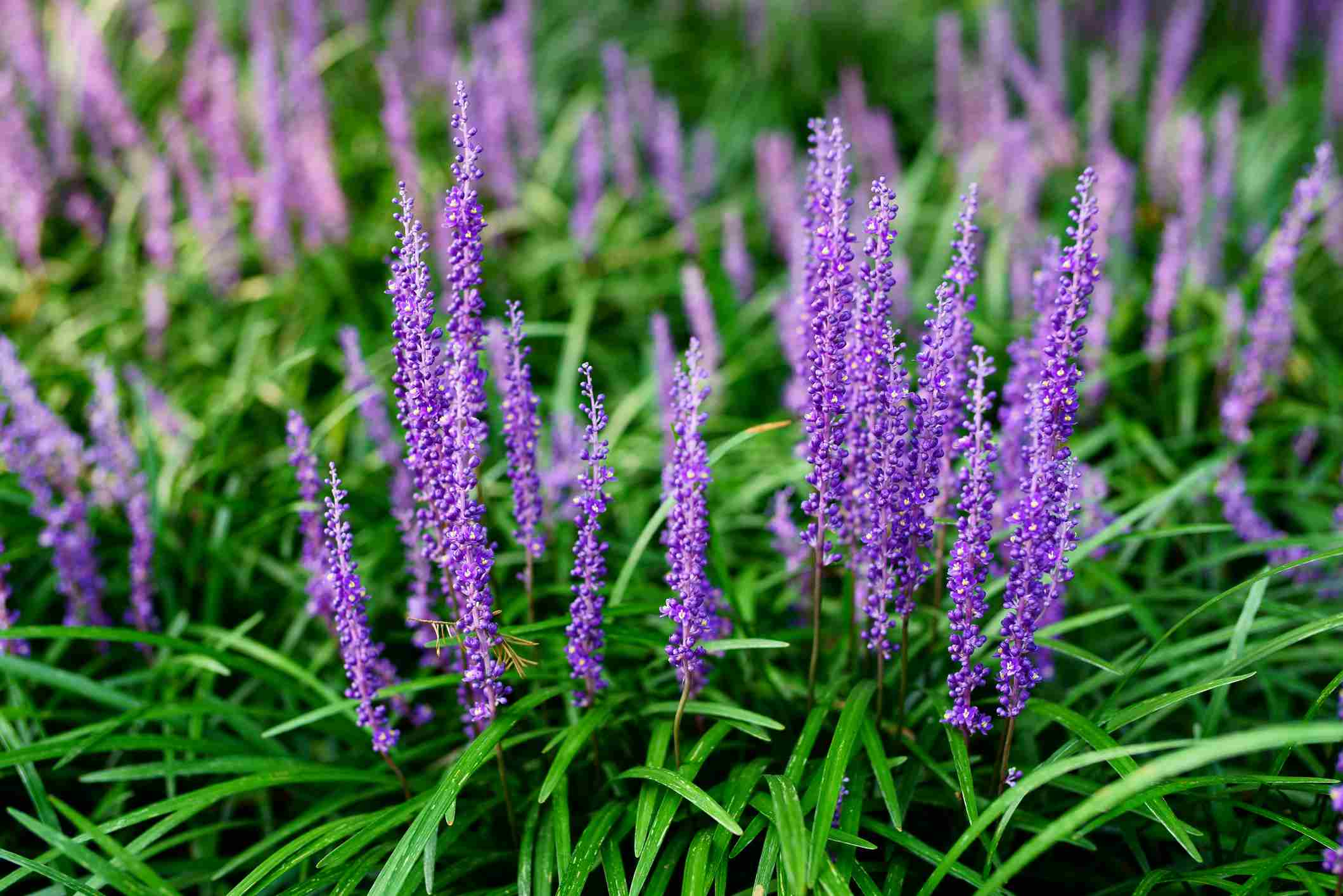
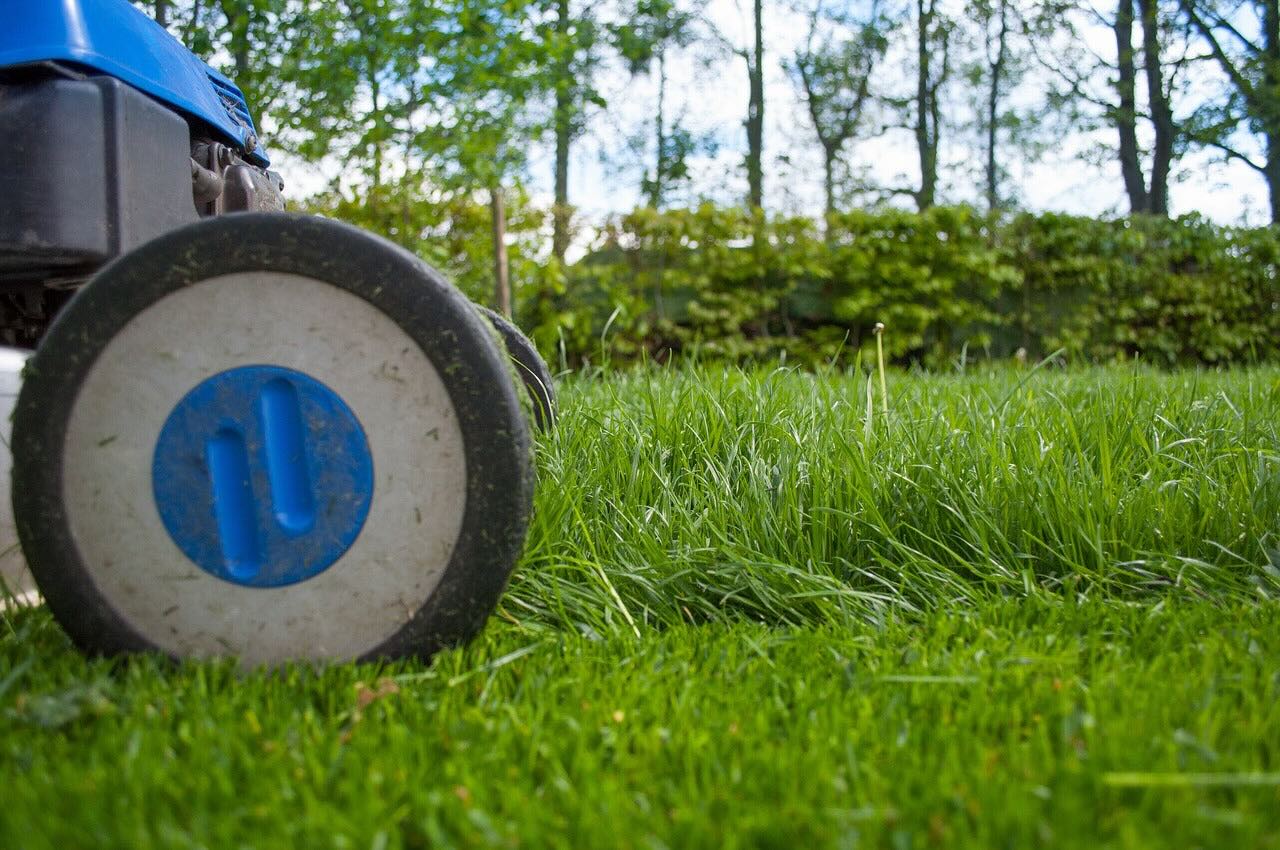
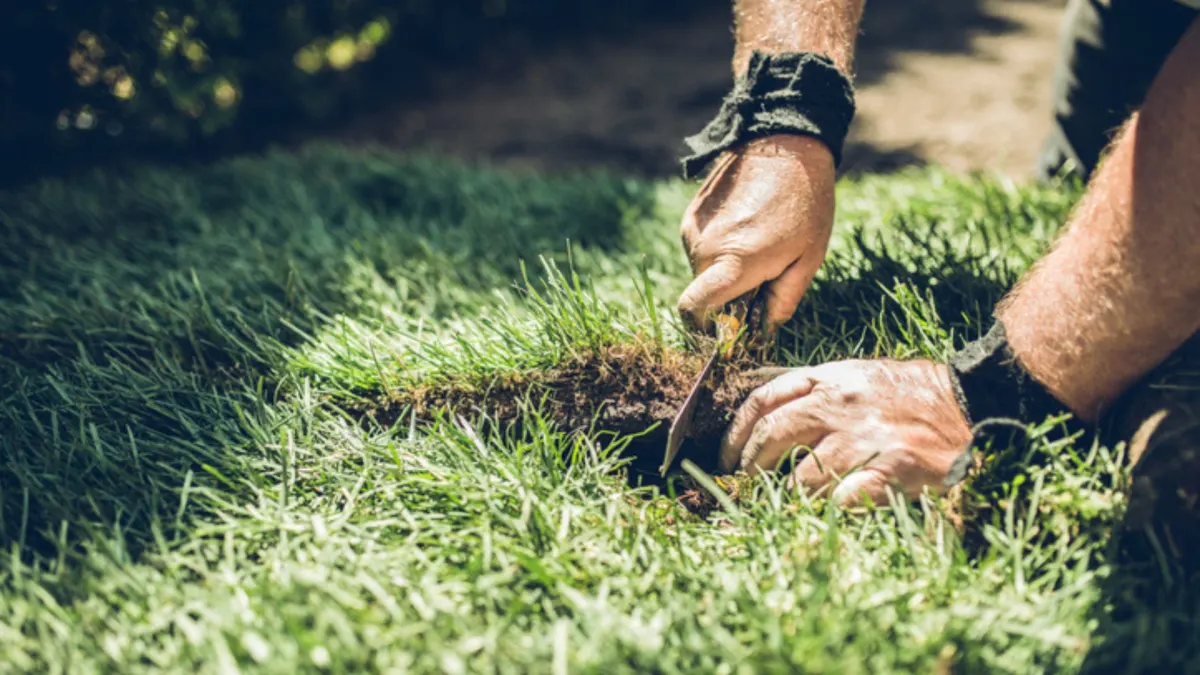
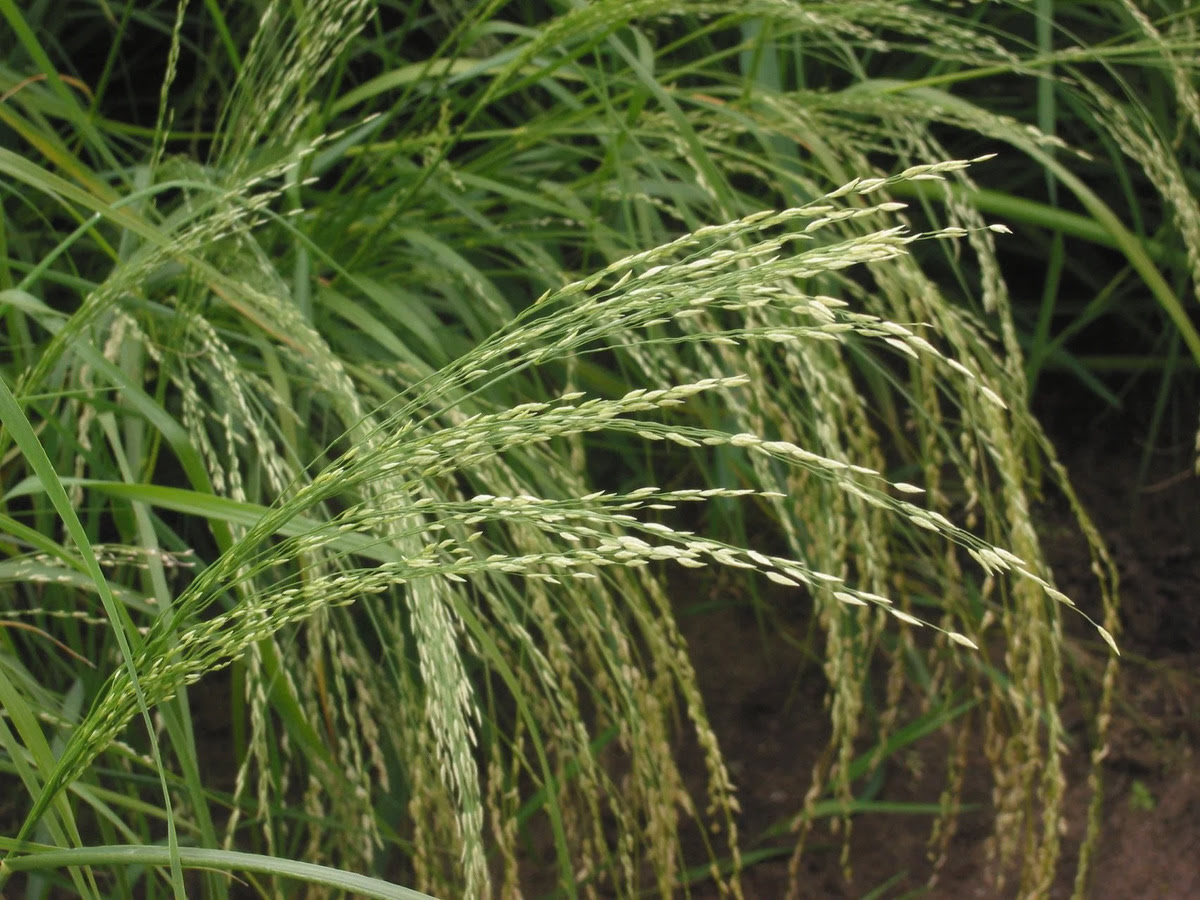
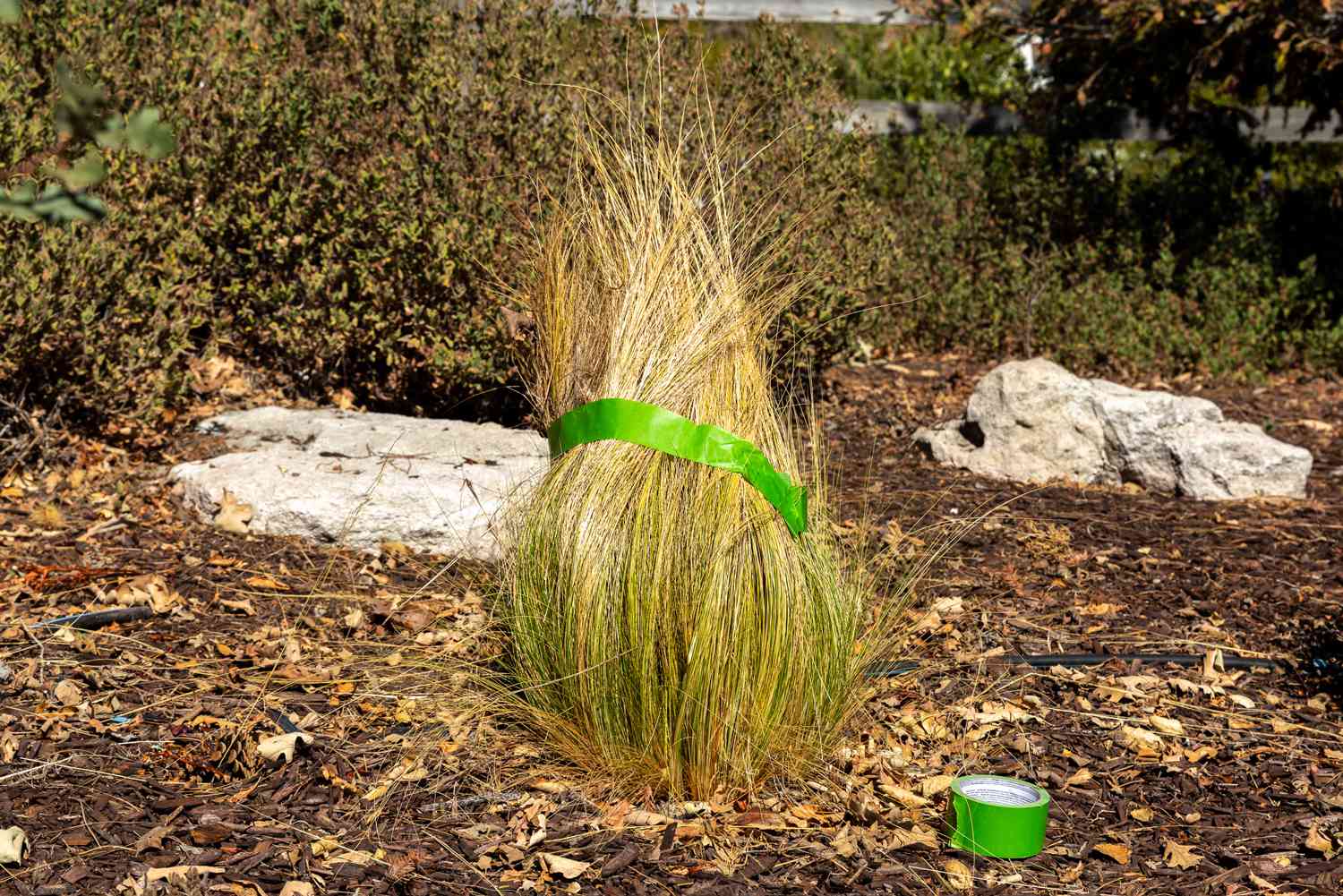

0 thoughts on “When To Stop Cutting Grass In Michigan”